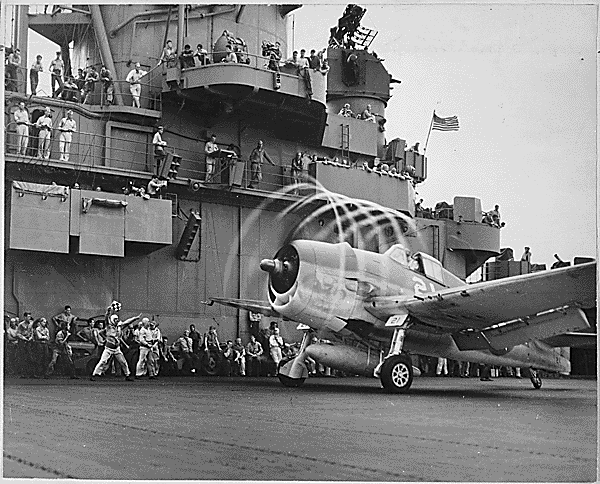Most of the fighting took place in France, western Russia, the Balkan Peninsula, the Alpine frontier between Austria-Hungary and Italy, and the Middle East. However, millions of people all around the world were affected by this war. A total of 10 million men died during World War I. The deaths of these men had many social and economic repercussions. The social consequences where that since the men in these wars came back injured, they had great difficulty joining the workforce. There were also people that suffered psychological issues like the post-traumatic stress disorder. Also those men that died left their wives and their children to fend for themselves. Furthermore, men also faced difficulty finding work after the war ended for women had replaced the men and taken over their jobs while they were off in the battlefields.
In addition to this, there were severe economic consequences of the war. For instance, the countries that were involved in the war were now responsible to pay for the damages. Inflation rates rose, more people were facing poverty and many citizens were forced to live off of only their fixed incomes.
Aside from this, the end World War I brought forth many political changes, some of which created economic consequences. For example, when new states were formed in Eastern Europe new countries were cut off from the main and wealthier markets, which made it more difficult for them to get a hold of food and raw materials.
The biggest consequence to World War I was the punishment placed on Germany that was listed in the Treaty of Versailles. Germany was blamed heavily for World War I and as a result, they were given a greater amount of debt that they had to repay to help fix the damages caused by the war. Germany was angered by this punished and thus, they were easily swayed in 1933 by a Nazi leader, who was known as Adolf Hitler. Hitler was a very charismatic leader who easily came into power because Germans saw him as a way out of the heavy debt and the dire economic consequences that were placed on them due to World War I. Once Hitler came into power, Germany took out its anger at the world and there was the creation of World War II, which was another disastrous war that killed millions of lives. Looks like people did not learn from World War I, for it was followed up by another war, namely World War II.



